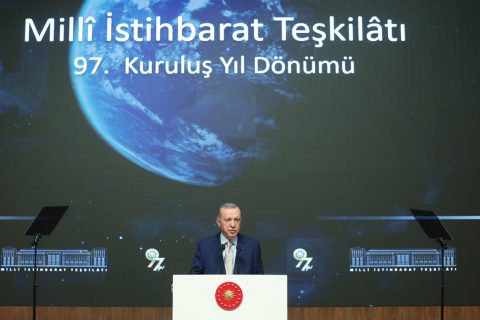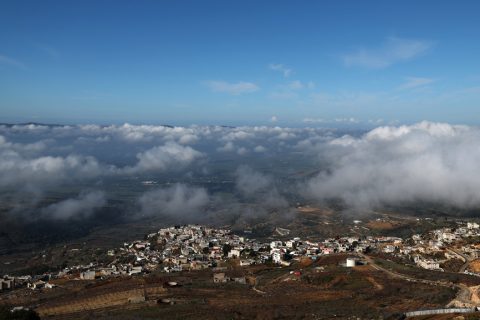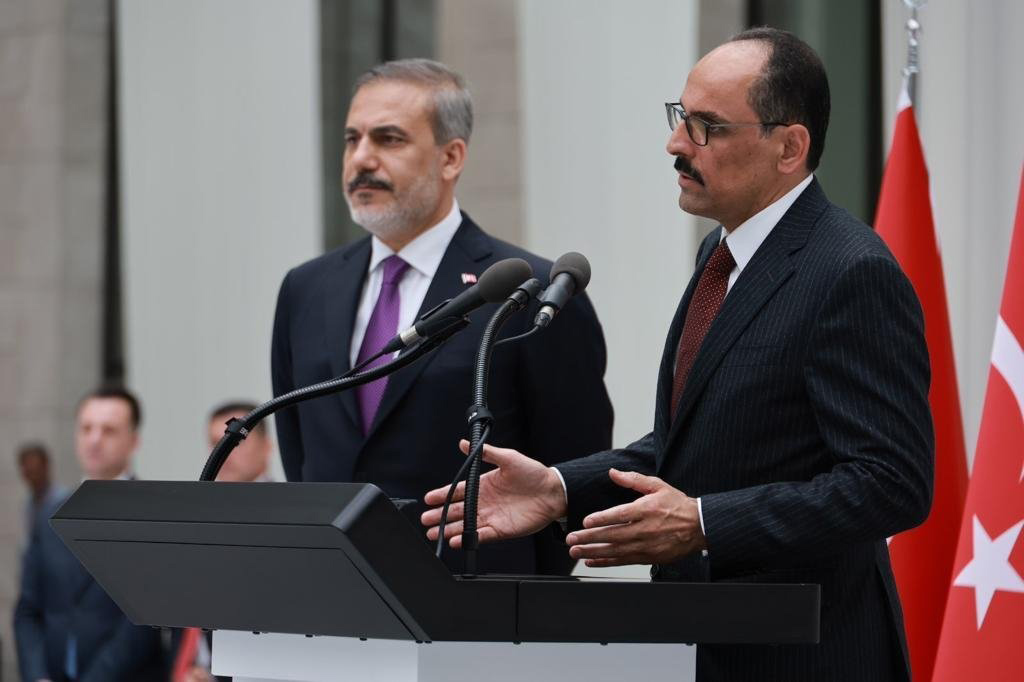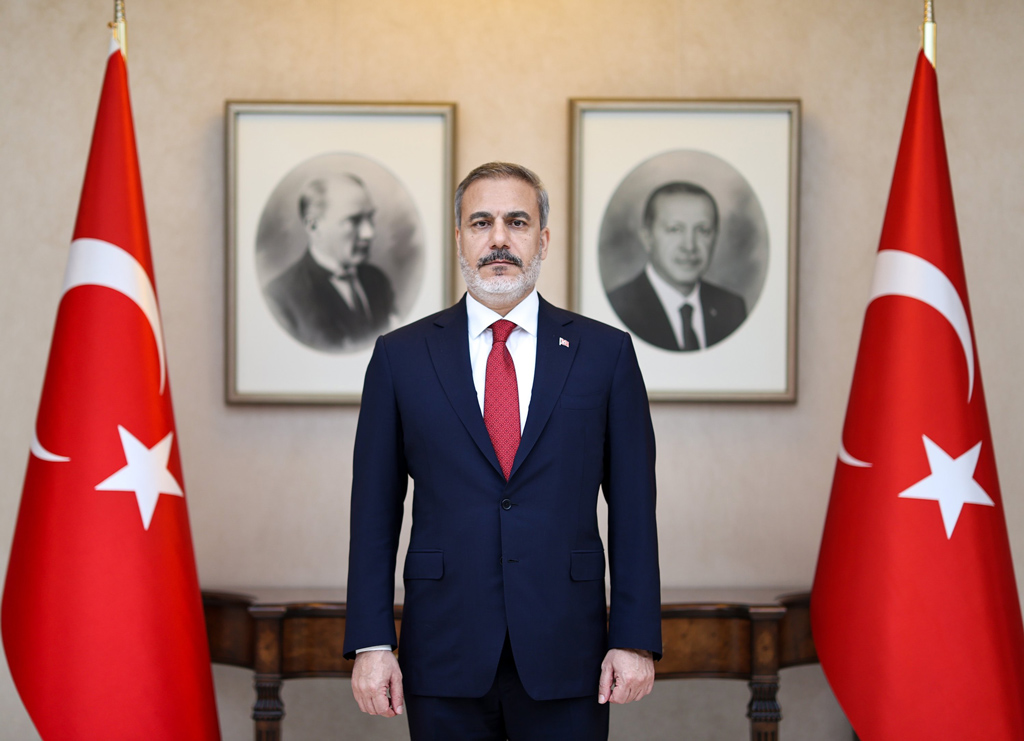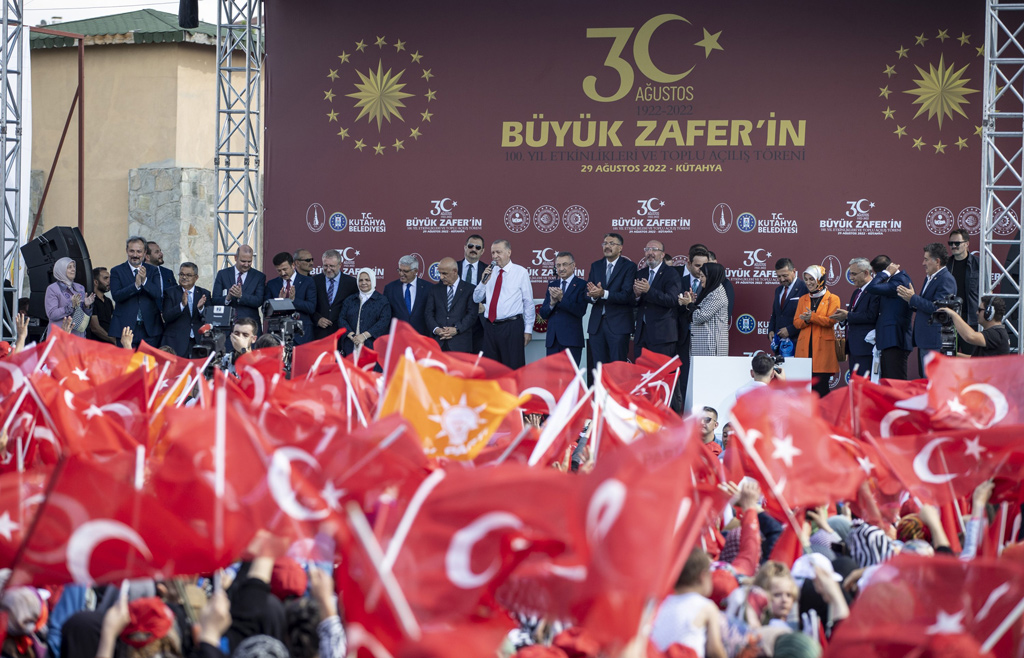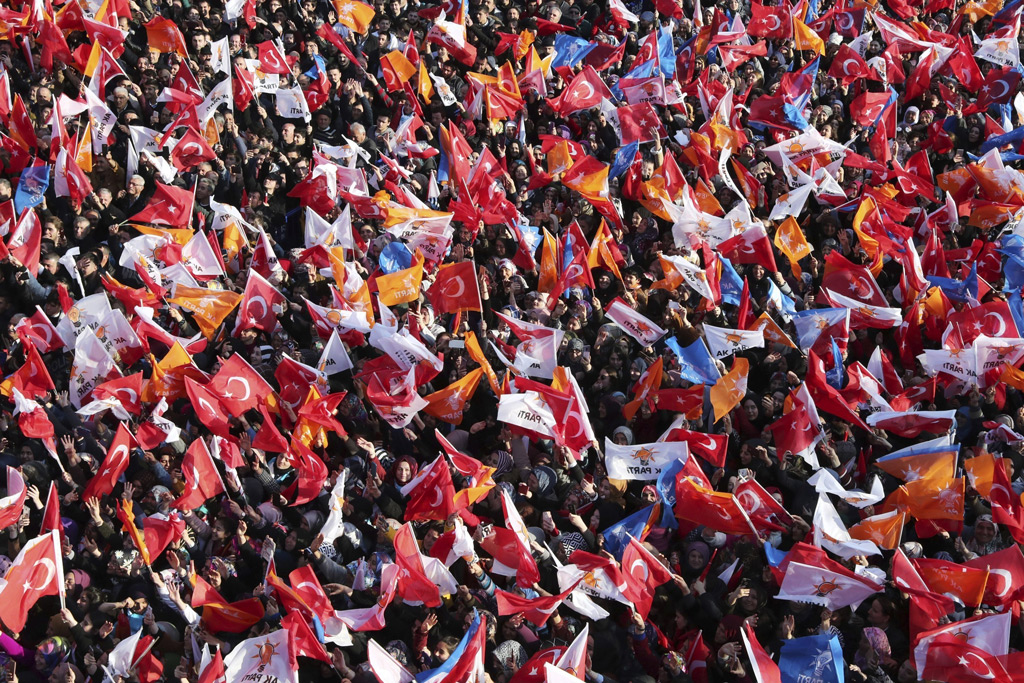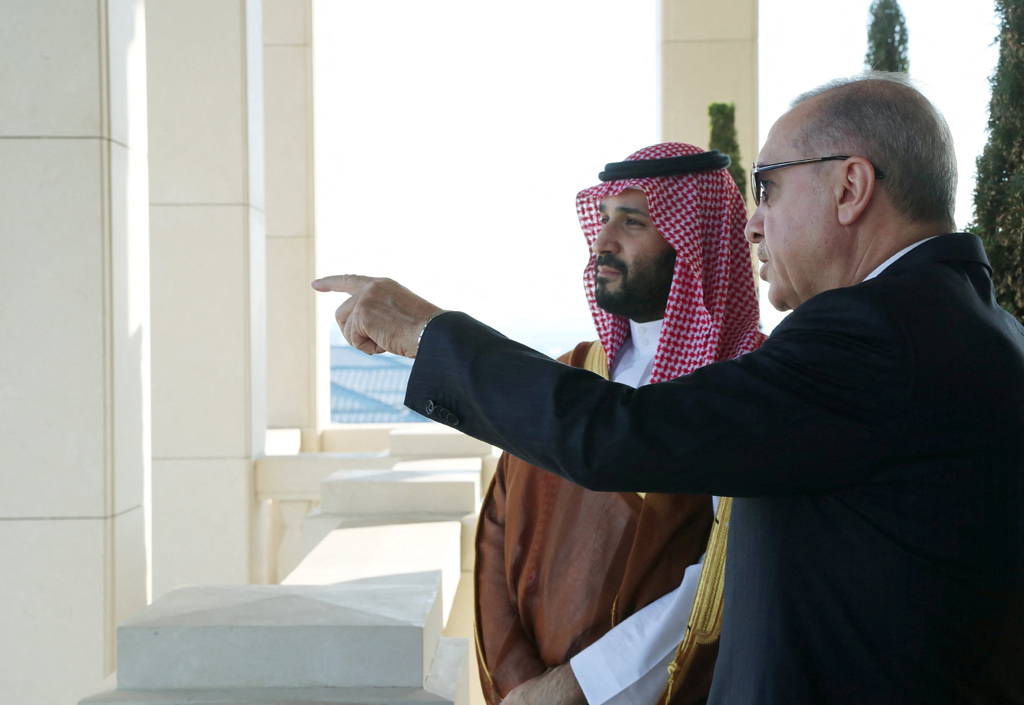Türkiye's National Intelligence Organization (MIT)
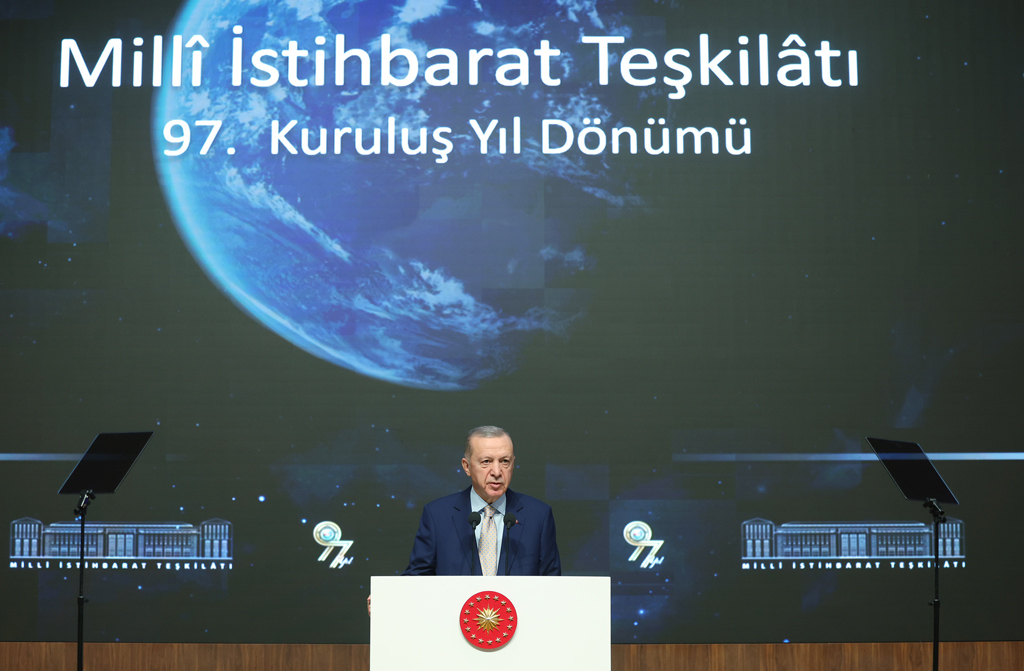
Codes of messages on 97th anniversary of MIT’s establishment
| OpinionTo understand how Türkiye sees the world’s dangerous trends, it is crucial to go over …
-
Opinion
Codes of messages on 97th anniversary of MIT’s establishment
By Burhanettin DuranTo understand how Türkiye sees the world’s dangerous trends, it is crucial to go over the statements made at the National Intelligence Organization’s (MIT) 97th anniversary event.
-
Opinion
The revolution in Turkish intelligence
By Murat YeşiltaşCelebrating its 97th anniversary, the National Intelligence Organization (MIT) has become one of the most prominent institutions in Türkiye’s rising power profile and deepening international geopolitical portfolio. Especially since 2010, there has been a significant change and transformation in Türkiye’s intelligence doctrine and practices. With the outbreak of the Arab Spring, the comprehensive transformation in Türkiye’s security and strategic environment and the newly emerging threat environment necessitated Türkiye to undergo a holistic strategic transformation. In particular, the challenges posed by the Syrian civil war made it imperative for Türkiye to develop state capabilities in critical areas. The proliferation and diversification of asymmetric threats, the rise of terrorism as one of the primary threats to Türkiye’s security, and the transformation of the region into a center of intelligence wars prompted Türkiye to adopt a new military and intelligence policy. President Recep Tayyip Erdoğan’s revolutionary steps in foreign and security policies and the defense industry were taken in the field of intelligence, and Türkiye identified its strategic priorities and developed its intelligence capabilities and capacities accordingly.
-
Opinion
Who benefits from controlled proxy conflict?
By Burhanettin DuranThe Middle East rang in the new year with assassinations and terror attacks. Saleh al-Arouri, the deputy leader of Hamas' political bureau, was assassinated in Beirut last Tuesday. The following day, two bombings in Kirman, Iran (for which Daesh has claimed responsibility) killed 103 people. As those attacks shifted everyone’s attention to Israel, Iran and Hezbollah pledged to exact “revenge and a heavy price.”
Bu Konuda Daha Fazla
-
The hostility targeting holistic Turkish foreign policy
By Muhittin AtamanSince the restructuring of the state administration in the wake of the failed coup attempt in July 2016, Türkiye has been following a holistic foreign policy. Several significant changes were made to increase the effectiveness of Turkish foreign policy.
-
Hakan Fidan: The chief diplomat of Türkiye
By Muhittin AtamanOne of the most important transformations of the Turkish political system was realized after the failed coup attempt on July 15, 2016. Türkiye has successfully restructured its domestic political system and redefined the responsibilities of many state institutions. Among others, foreign policy actors were diversified. Many governmental institutions such as the Turkish Cooperation and Coordination Agency (TIKA) and the Presidency of Turks Abroad and Related Communities (YTB), have begun to play effective roles in the field of foreign policy.
-
AK Party foreign policy: The regional context
By Muhittin AtamanAs Türkiye learns to use its soft power along with its military might, it continues to pursue a successful foreign policy and a role as a regional leader
-
AK Party foreign policy: The national context
By Muhittin Ataman'Turkish foreign policy is a quest for independence in the national context, a quest for a leadership role in the regional context and a quest for autonomous status in the global context'
-
In the aftermath of MBS and Lapid’s visit to...
By Burhanettin DuranAnkara hopes to be a balancing factor in the region that generates security and stability.
